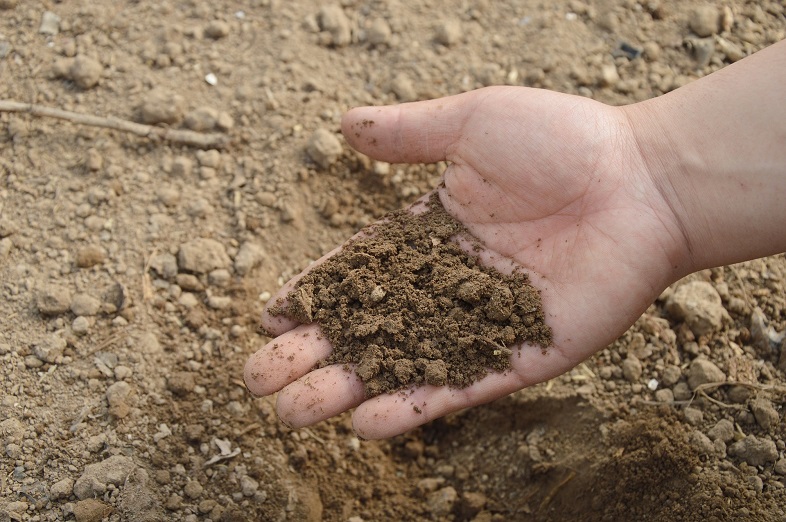For each building project, soil testing is one of the most important factors, even if it is the most overlooked planning procedure because most individuals are not aware of it. A qualified specialist must do appropriate soil testing before beginning a construction project.
We’ll explore, why you should have your soil analyzed before you consider building anything at all:
What does soil testing involve?
In simple terms, soil testing is a scientific method used to evaluate and examine the soil’s physical and engineering characteristics as well as its ability to bear weight.
Determining the kind of foundation to be constructed is made easier by soil testing for construction. Before beginning building, having your soil evaluated determines how stable the project will be.
What Role Does Soil Testing Play in Construction?
As previously stated, soil testing aids in establishing the building’s foundation.
Additionally, untested soil can cause lapses and damage to the poured foundation, changing the building’s strength and stability.
The length and depth of the pillars that will be driven into the ground to establish the building’s foundation are also determined by soil testing.
The possibility of foundation issues and the most effective building techniques will be determined based on the results of soil testing.
The water table level of the soil can be identified by soil testing.
The water table level, which is determined by soil testing, suggests possible problems with the building’s foundation and the amount of humidity within it.
Construction material selection may be influenced by the soil’s mineral and chemical makeup.
The way the soil responds to particular on-site circumstances, such as whether it expands, contracts, or moves, is known as soil reactivity and soil testing plays a very crucial role.
When constructing multi-story structures or apartments, soil testing is absolutely essential. This can prevent loss of lives.
Two different components of soil testing
Before you ever consider undertaking any significant building on soil, two separate kinds of testing need to be completed. A geotechnical soil engineer will conduct tests and provide you with information regarding the physical makeup of the soil, including whether it is sandy, silty, or heavy clay.
The chemical destiny of the soil in relation to the suggested enhancements is examined in a second test. Concrete would be more susceptible to corrosion, for instance, if the soil matrix included a high concentration of soluble sulfates. In the event that the soils show a low resistance to current flow, copper and steel pipelines would be extremely vulnerable to corrosion.
Verifying the level of the water table
Soil testing is the most effective way to determine the water table level in the ground beneath your building. This kind of testing gives information about potential issues. These issues include destabilization and collapse brought on by seismic activity or simply moisture-wetting fronts and the resulting water seepage through the basement and floor walls.
Assessing the soil’s load-bearing ability
Finding out if the soil you intend to build on can support grade changes, the anticipated building loads, roads, and other upgrades is the main reason to hire soil testing consultants for your project. In steep landscapes, this testing might be crucial for determining the stability of the natural slope as well as how it might affect your improvements.
The land you intend to build on might not be suitable or become unstable if soil testing is not done; it could actually collapse. In the best-case scenario, fixing the problem would require a significant financial investment. In the worst-case scenario, there could be a genuine risk to life if the soil content is not examined.
Finding out the pillars’ depth and length
Before you begin construction, soil testing is essential since it enables you to determine the precise depth of piles for the building’s foundation, if needed.
Things to Consider Before Doing Soil Testing
For soil testing, always use licensed and certified labs.
There isn’t a better time to get soil tests than right now! Weather has no bearing on the findings of a soil test, so you can get one at any time of year.
The local authorities require licenses and permissions for sites that need a lot of work.
Conclusion
To make sure your building project or structure rehabilitation is successful, use our soil testing professionals right now.
Get in touch with Darsh Labs to increase your projects’ output and profitability.


Leave a Reply